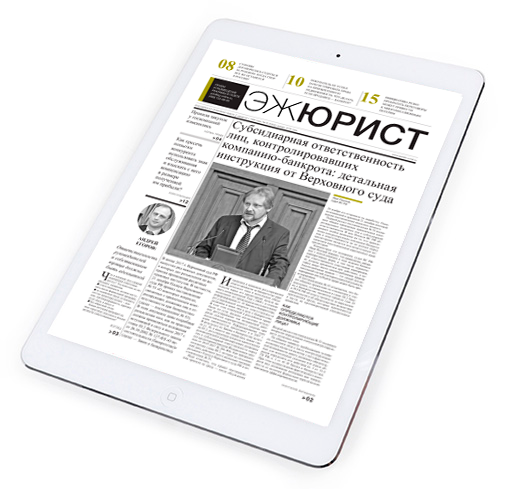Fairness and adequacy: how to ensure an individual approach in determining compensation for violation of intellectual property rights
The most common way to protect exclusive rights is the mechanism for recovering compensation provided for in p.3, Art.1252 of the Civil Code. Acting as an alternative to recovering damages, compensation releases the right holder from proving their size. However, in practice, the relative freedom of the right holder in choosing the method of calculating compensation and determining its exact size conflicts with the powers of the court to establish the final amount of the sum collected from the offender based on the principles of reasonableness and fairness, as well as the adequacy of compensation and the consequences of the violation. The article considers key judicial decisions on which existing law enforcement practice of applying p.3, Art.1252 of the Civil Code is based, as well as the criteria used by the court to justify the reasonableness, fairness and adequacy of the amount of compensation.
Опубликовано:«ЭЖ-Юрист» №17-18 (968-969) 2017
Материал для подписчиков издания «ЭЖ-Юрист». Для оформления подписки на электронную версию издания перейдите по ссылке.

ЭЖ-Юрист
Российская правовая газета, издается с 1998 года. Освещает новости законодательства, практику применения законов и нормативных актов, судебную практику по различным отраслям права, предлагает аналитику наиболее актуальных вопросов правоприменения, отвечает на вопросы читателей.
